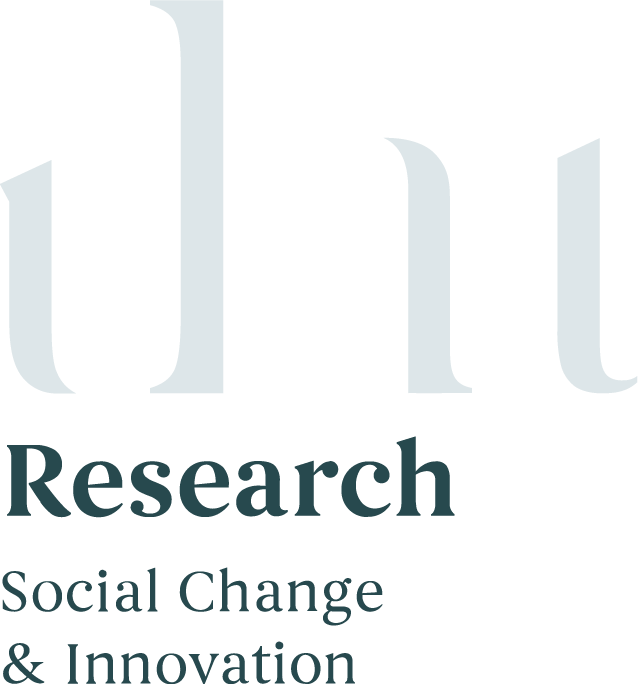Evaluation of Pause Breathe Smile
Project Background
Pause, Breathe, Smile (PBS) is a programme originally created at the Mental Health Foundation and further developed by the Mindfulness Group, that teaches mindfulness practices across schools in Aotearoa. The programme is taught to teachers through the PBS educator training pathway that involves online introduction and facilitation to mindfulness practices, through to professional learning and development workshops and annual school membership resources.
Ihi Research undertook an evaluation for the Mental Health Foundation to better understand the effects of the Pause, Breathe, Smile (PBS) programme on school communities. In particular, the evaluation sought to understand the impacts for Māori and non-Māori students, focusing on their learning and behaviour. This included how the use of PBS influenced the development of pro-social behaviours that could enhance classroom climate in ways that prevented and/or reduced student conflict and bullying. It should be noted that PBS is not designed to address bullying, however the programme does aim to improve children’s emotional literacy, and this has been noted as important for prosocial behaviour (Boyd & Barwick, 2011).
What we did
The evaluation sought to understand the impacts for teachers and their school communities, as well as unintended consequences of implementation. A further aim of the study was to identify opportunities for ongoing programme improvement. The evaluation utilised a culturally responsive and inclusive methodology through an exploratory sequential mixed-method design that employed qualitative and quantitative data and analyses. The impact framework was developed using Te Whare Tapa Whā, an indigenous model of hauora and wellbeing that is embedded within the PBS programme. The model has four key interrelated pou or dimensions, these are: taha tinana (physical dimensions); taha hinengaro (emotional and cognitive dimensions); taha whānau (social and relational dimensions); and taha wairua (spiritual and transformative dimensions).
The first phase of this investigation involved semi-structured interviews with stakeholders from three schools that had been involved in the PBS programme. Key themes emerging from interview findings informed the development of two surveys. One survey was developed for children (based on key themes emerging from student interviews) and another was developed for teachers and school leaders (based on teacher/leader interviews). All data was analysed against the framework of Te Whare Tapa Whā to determine the extent of impact (both intended and unexpected). Qualitative data was analysed using NVivo. Inductive and deductive coding analyses were used. Survey quantitative analysis was conducted using Qualtrics and MS Excel.
Outcomes
Evaluation results were overwhelmingly positive and emphasised the holistic and interrelated impacts (emotional/cognitive, social/relational, physical and spiritual) that the PBS programme had on students’ and especially their learning and behaviour. Results highlighted how the programme strengthened school ‘cultures of care’, that were more conducive to learning, engagement and wellbeing for culturally diverse students and their teachers and school leaders. Findings indicated these impacts radiated out of classrooms into playgrounds and staffrooms, positively impacting school culture and flowing into whānau/family situations.
“We’ve noticed students are kinder to each other. They show more gratitude for what they have, … they’re using more strategies to manage the way they feel in their ability to get on with their learning task. The other thing I have noticed is they play together better. They are more willing to take turns and they show more patience.”
Find out how we can help you
We’ll work with you to find out what’s working, where investment could be put to best use or how to improve anything not going to plan. We can help you define success and set tangible, measurable goals. And we talk in real language so you can understand and engage with the findings. We engage with the community to conduct community research and consultations for private companies, trusts, government agencies, NGOs and more. But we have a special interest in research that has a purpose - to better society and teach lessons. We aim to help those we work with build capacity to enact positive change.


